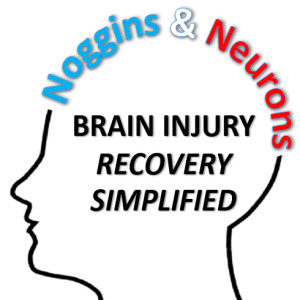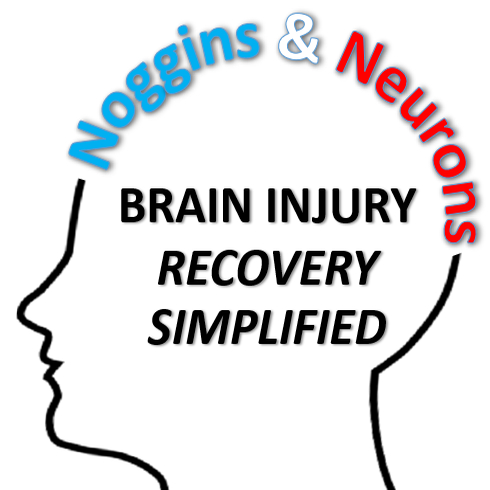Episodes

Thursday May 20, 2021
Motor Learning Simplified
Thursday May 20, 2021
Thursday May 20, 2021
OVERVIEW: "Something I try to tell therapists all the time.... when you take all the neuroscience and you look at it all I swear neuroscientists say "Wow we think repetitive practice works—who does a lot of that?" And they look down that long hallway and they see therapists already doing it and having done it since the early 1900s. And they go "Well it should be challenging. Who vectors in challenge?" And they see a therapist down there and they've been doing it since the early 1900s. And then they go, "It should be repetitive, and challenging... and it should be meaningful. Who does that? OTs do that!" So you guys are in the perfect position to leverage the great neuroscience that we have and... I swear I think neuroscientists are like jealous or maybe they're angry or—I don't know. But every time they turn around they see a therapist having done it for decades and decades and decades. Here's what I would say... if you want to know in a neuroscience would say about rehab they'd say "We agree with everything you're doing just put it on steroids." That's it. Don't overthink it."
EPISODE SUMMARY: This episode of NOGGINS & NEURONS: Stroke and TBI Recovery Simplified brings the concepts of motor learning to light in ways everyone can understand. Pete and Deb talk about:
- Principles of Motor Learning
- Real life examples of what motor learning looks like
- Reasons why Motor Learning Theory should be accessible to clinicians
- Things that get in the way of understanding and implementing these concepts
- The importance of meaningful activity as it relates to the brain’s ability to change
- Enriched environments and recovery
- How therapists are perfectly leveraged for using Motor Learning Concepts in practice
We dove pretty deep into the principles of motor learning. Pete and Deb highlighted research around difficulties with implementing these concepts and also how clinicians are already using aspects of this theory. We discussed the roles of cognition, emotional health, and socialization related to motor learning. There are a lot of components involved and we’re sure everyone already knows this at some level. This podcast episode brings to light the fact that people can’t be reduced to component parts; rather we must incorporate all aspects of a person for optimal motor recovery.
We hope our conversation makes this important topic digestible and more understandable in ways that help you add to your practice, support or recovery.
As always, we want to hear your top takeaways!
LINKS TO ARTICLES, BOOKS AND OTHER IMPORTANT INFORMATION:
- The guy (George Bush, PhD.) who discovered where emotions are processed in the brain.
- Article discussing where embarrassment is processed in the brain.
- Similarities in brain activation during mental practice, action observation (observing someone else do the movement, and actual movement).
- Kafri, M. & Atun-Elny, O. (2019). From motor learning theory to practice: A scoping review of conceptual frameworks for applying knowledge in motor learning to physical therapy practice. Oxford University Press.
- Dahms, C., Brodoehl, S., Witte, O. & Klinger, C. (2019). The importance of different learning stages for motor sequence learning after stroke. Hans Berger Department of Neurology, Jena University Hospital, Jena, Germany. Biomagnetic Center, Jena University Hospital, Jena, Germany. DOI: 10.1002/hbm.24793
CONNECT WITH US:
Questions and Comments about the podcast: NogginsAndNeurons@gmail.com
DONATE TO NOGGINS & NEURONS:
Donate to Noggins And Neurons and get an Allstar Pete Trading Card
Using your PayPal app:

- Information about Pete’s blog, book Stronger After Stroke, and talk.
REQUEST TO BE A GUEST ON NOGGINS & NEURONS. If you’re passionate about stroke recovery and have information or a story you believe will help others, we’d love help you share it on the show. Complete the guest request form below and let’s see if we’re a good fit! Guest Request Form
MUSIC:
“Soft Inspiration” by Scott Holmes/Scott Holmes Music/scottholmesmusic.com



No comments yet. Be the first to say something!